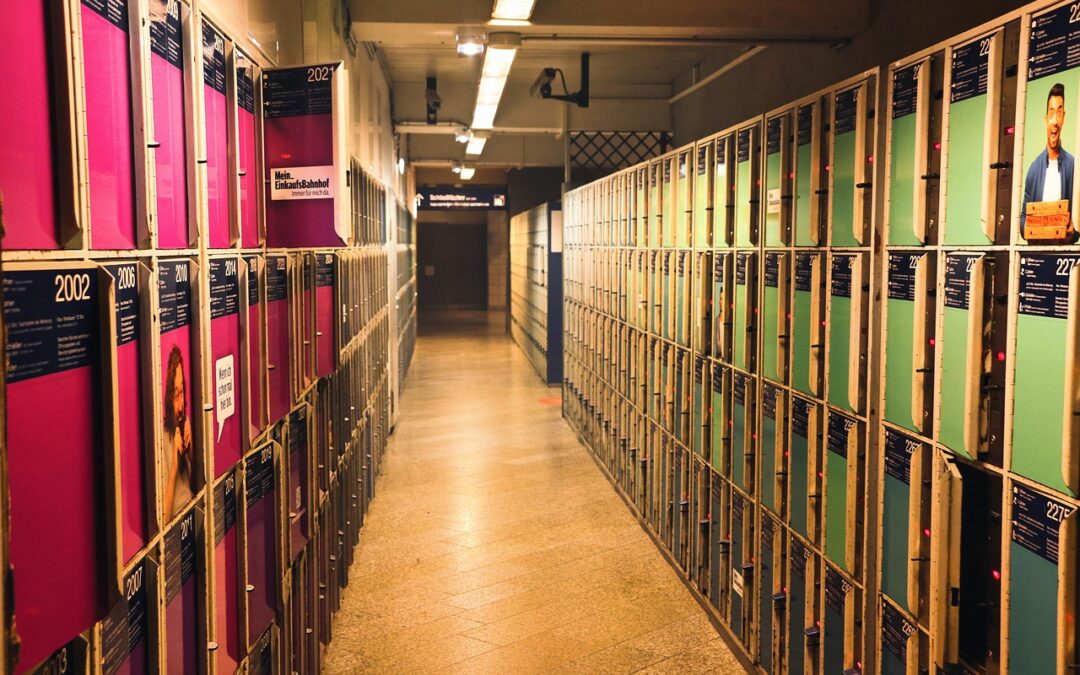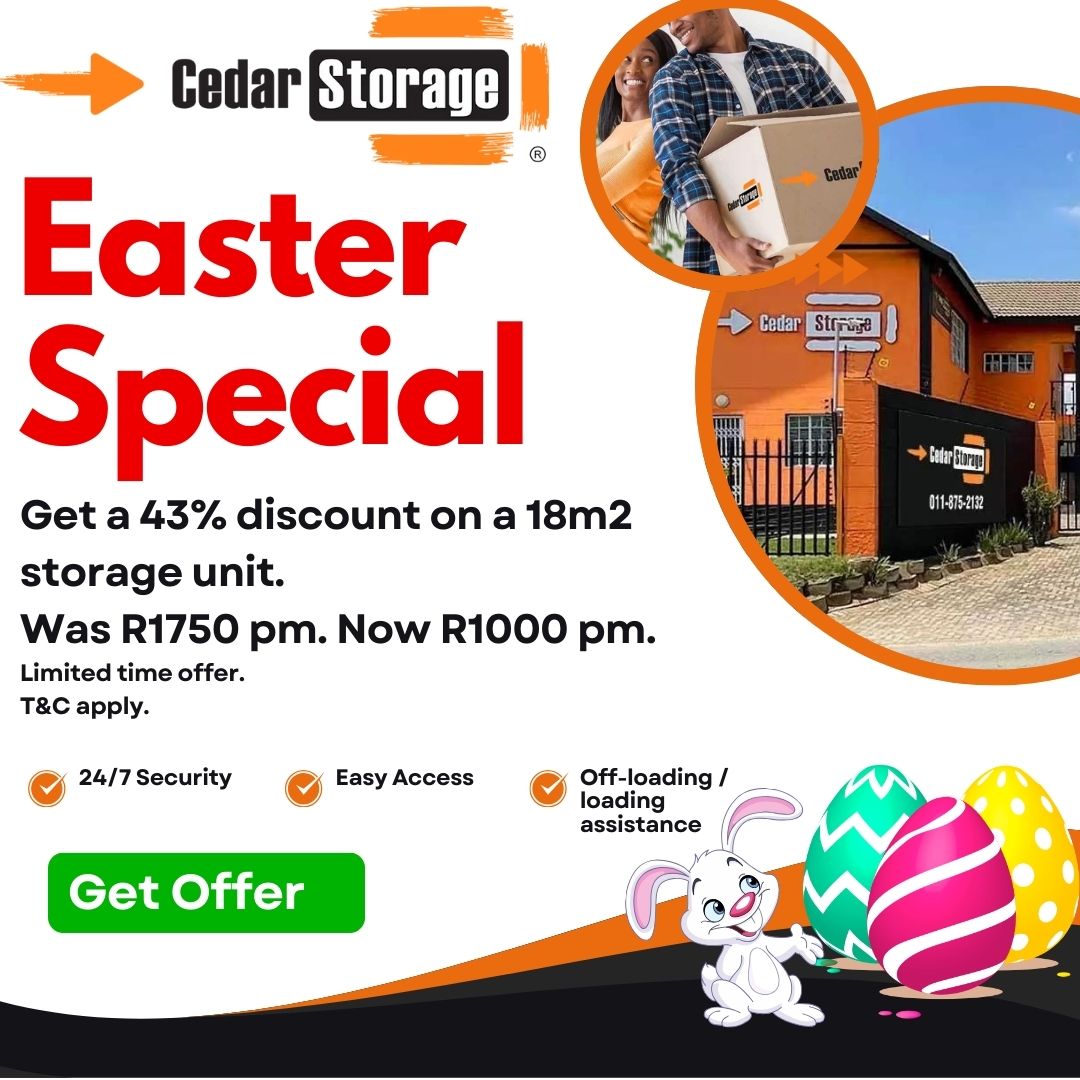As your business grows, you might find you need more storage space that simply isn’t readily available at your office or home. What you need is a storage unit where you can keep all your additional inventory or office equipment safe and accessible, without cluttering your workspace. A storage unit can be used for:
- Reducing clutter and freeing up floor space
- Streamlining operations
- Protecting valuable assets
How do you choose the right storage unit for business?
Whether you’re a start-up business or well-established, you may have varying storage needs, either short-term or long-term. Here’s a guide to help you choose the best storage solution for your business.
1. Clarify what type of items you’re storing
Where you store your goods is largely determined by what it is that you’re storing. Different items require specific storage solutions such as climate control, enhanced security features, or easy accessibility. Make a detailed inventory of what you’ll be storing, such as:
- Office supplies and furniture: Chairs, desks, filing cabinets, and other furnishings that aren’t currently in use but will be needed in the future.
- Inventory: For retail or e-commerce businesses, excess stock can be stored until needed.
- Documents and records: Legal, financial, and historical documents often need secure, long-term storage.
- Equipment and machinery: Seasonal tools or specialized machinery can be stored when not in use.
- Marketing materials: Brochures, banners, and promotional items might need to be kept organized and readily accessible for events.
2. Assess the quantity
One of the biggest decisions is determining what size storage unit you’re going to need. Make sure to carefully measure the items or use an online tool to assess the storage mass before making a call. You will also need to consider whether items can be stored on top of each other (such as boxes), or if it’s delicate equipment that needs more space.
3. Consider accessibility
You need to think about how and when you will need to access your stored goods. If you require frequent access to stored goods, then look for a facility with flexible hours and easy-to-navigate units. Some storage solutions offer 24/7 access which might be necessary if your business operates outside standard working hours. If you will only require your stored items from time to time, or have minimal storage needs, you might only need occasional access. In this case, you could find a more affordable facility with limited access.
4. Check out the security features
Your business inventory needs to be kept safe, and if you’re storing highly valuable goods, you might need even more advanced security features. Some of the key considerations for a storage unit include:
- 24/7 video surveillance
- Controlled access or keypad entry
- Well-lit premises
- Individually alarmed units
5. Ask about climate control
If you have highly sensitive items such as electronics, important documents, or inventory with specific storage conditions you will have to ask about climate control at the storage unit. Facilities with climate-controlled units maintain consistent temperature and humidity levels to prevent damage caused by moisture, extreme heat, or cold. This is especially important if your business operates in regions with fluctuating weather conditions.
6. Think about the location
If you need to access the stored goods frequently, you will need to consider a storage facility that is conveniently located for your office operations. A facility close to your office or warehouse will factor into the cost in terms of time and transport. However, if you don’t need the items regularly, you could save costs by using a warehouse on the outskirts of the city or in a more rural location.
7. Look at the scalability
You might be anticipating business growth which could directly impact your storage unit needs. Are you going to be storing more inventory in the coming months? If so, you must go with a facility that offers scalability such as upgrading to a larger unit or renting multiple units. For this to work, the storage facility must supply flexible lease options so you can adjust your rental space as you need.
8. Budget considerations
The cost of your storage unit will impact your business’ running costs so be sure to ask around and make sure you’re getting the best price for your needs. Most of the abovementioned factors will impact the storage unit price – size, location, security, accessibility, and climate control – but it’s well worth comparing facilities before making a decision. It’s also well worth asking about discounted prices for long-term leases or upfront payments.
Choosing the right storage solution for your business involves more than just finding an available unit. Cedar Storage understands the diverse storage requirements of businesses and offers customised solutions to meet your needs. Cedar Storage is the best option for keeping your business equipment and documentation safe!


